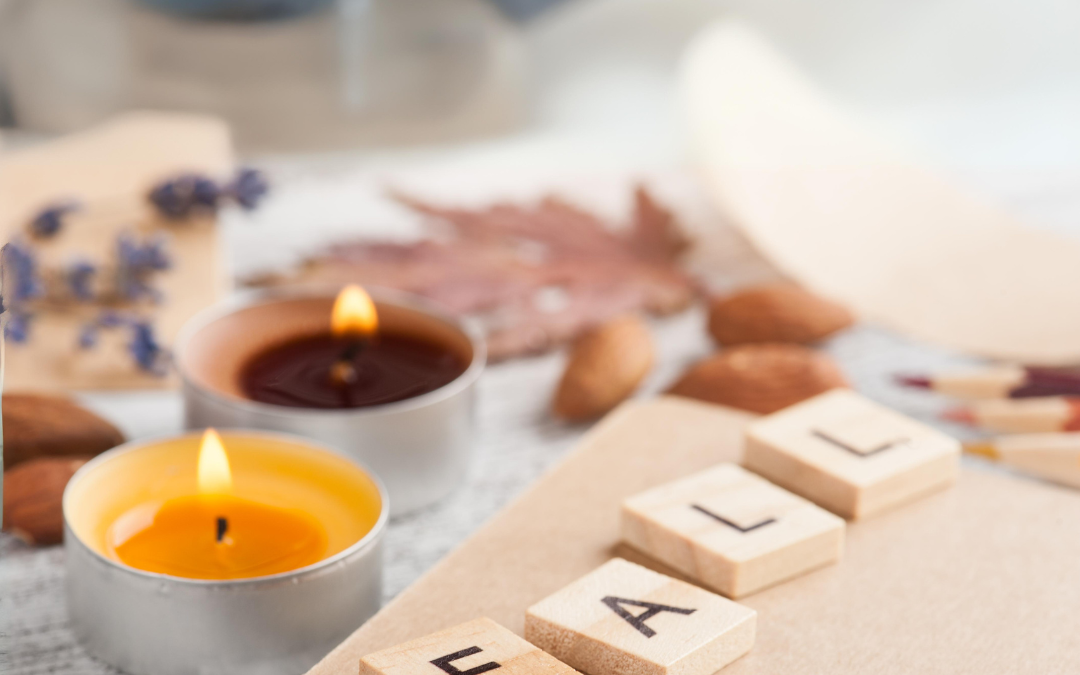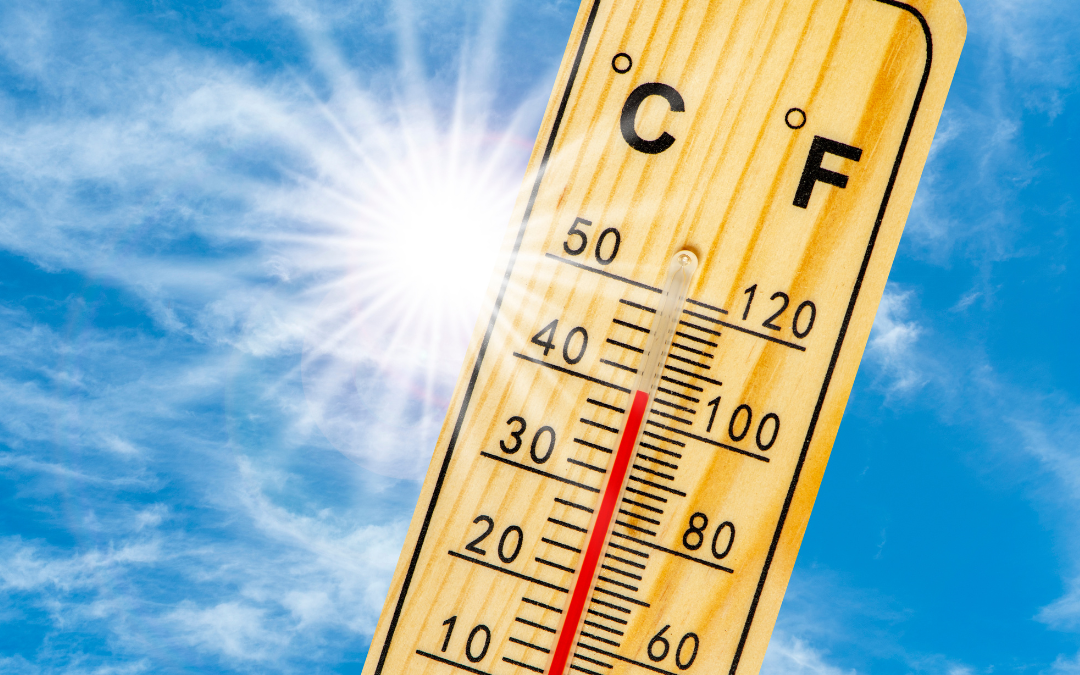A good nights Sleep, has a huge impact on our overall health, both physically and mentally. It also gives you more energy and better focus. Yet, so many do not prioritize their sleep.
Lack of sleep not only affects your immune system, your hormone balance and your cardio vascular system, but also your appetite and stress level are affected.
Some of the negative circumstances preventing a good night’s sleep are; work pressure, challenges on the home front and financial instability.
Although you might not be able to control all of the factors interfering with your sleep, you can certainly adopt habits that encourage better sleep.
Start with these simple tips:
Stick to a sleep schedule
Make sure you’re getting enough sleep. Toddlers needs 11-13 hours, teenagers 8-10 hours, and adults needs in average 7-9 hours a night!
Go to bed and get up at the same time every day – even on weekends, holidays and days off. Consistency reinforces your body’s sleep-wake cycle and helps promote better sleep at night.
It might be difficult in the beginning; if you don’t fall asleep within 15 minutes, you can try listening to some soft music or read a book.
If you like to read, be sure to use a night light (red light), as it won’t interfere with your melatonin production (our sleeping hormone).
Pay attention to what you eat and drink
Don’t go to bed either hungry or stuffed, as your discomfort might keep you up.
Nicotine, caffeine and alcohol deserve caution, too. The stimulating effects of nicotine and caffeine take hours to wear off, and can wreak havoc on quality sleep.
In fact, the amount of caffeine in your system will only decrease by 50% in 6 hours!!
While alcohol might make you feel sleepy at first, it can disrupt sleep later in the night, because it interferes with your REM sleep. Disruptions in REM sleep may cause daytime drowsiness, and poor concentration.
Create a bedtime ritual
Do the same things each night to tell your body it’s time to wind down. This might include taking a warm bath or shower, reading a book, or listening to soothing music — preferably with the lights dimmed.
Relaxing activities can promote better sleep by easing the transition between wakefulness and drowsiness.
Also, the above mentioned melatonin production starts to increase about two hours before you go to sleep, so it’s important to give your body time to prepare.
Get comfortable
Create a room that’s ideal for sleeping. Often, this means cool, dark and quiet.
Use darkening curtains, earplugs, a fan, or other devices to create an environment that suits your needs.
Since the features of good bedding are subjective, choose what feels most comfortable to you.
If you share your bed, make sure there’s enough room for two. If you have children or pets, try to set limits on how often they sleep with you – or insist on separate sleeping quarters.
Also avoid using the TV or other electronic devices as part of your bedtime ritual.
Some research suggests that screen time or other media use before bedtime interferes with sleep.
In fact, all the small light bulbs from electronic devices should be covered – even your smoke detector!
Limit daytime naps
Long daytime naps can interfere with nighttime sleep – especially if you’re struggling with insomnia or poor sleep quality at night.
If you choose to nap during the day, limit yourself to about 10 to 30 minutes, and make it during the mid-afternoon.
Are you working nights, you’ll need to make an exception to the rules about daytime sleeping. In this case, keep your window coverings closed so that sunlight (which adjusts your internal clock) doesn’t interrupt your daytime sleep.
Include physical activity in your daily routine
Regular physical activity can promote better sleep by helping you fall asleep faster and to enjoy deeper sleep.
Timing is important, though! If you exercise close to bedtime, you might be too energized to fall asleep. If this seems to be an issue for you, exercise earlier in the day.
Manage stress
When you have too much to do and too much to think about, your sleep is likely to suffer. To help restore peace, consider healthy ways to manage stress.
Start with the basics, such as getting organized, setting priorities and delegating tasks.
Give yourself permission to take a break when you need one. Share a good laugh with an old friend. Before bedtime, jot down what’s on your mind and then set it aside for tomorrow.



